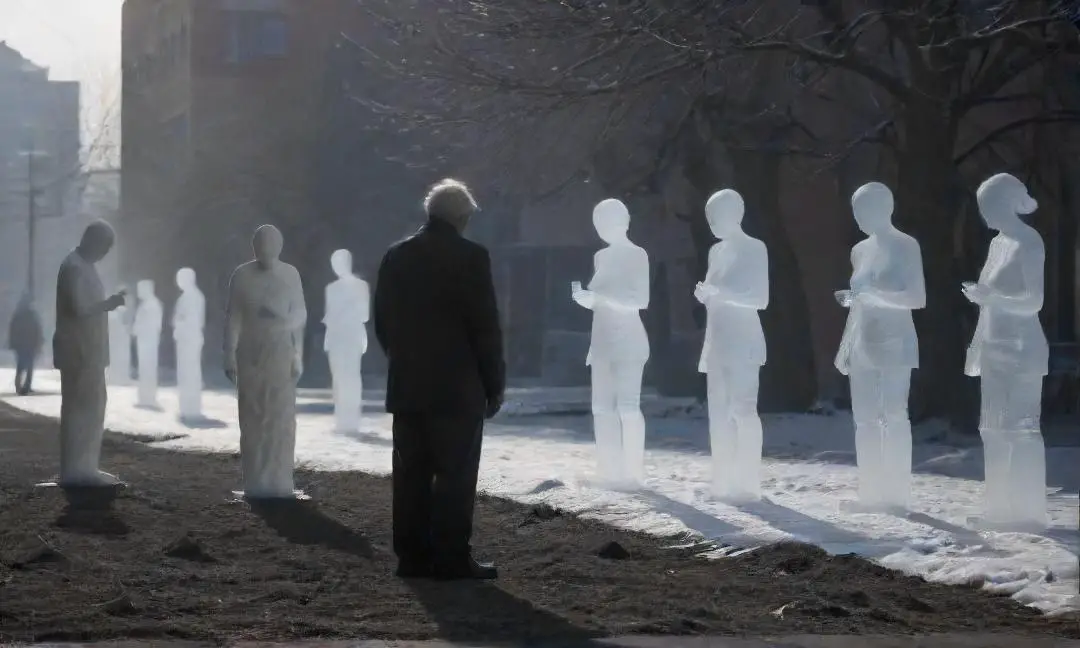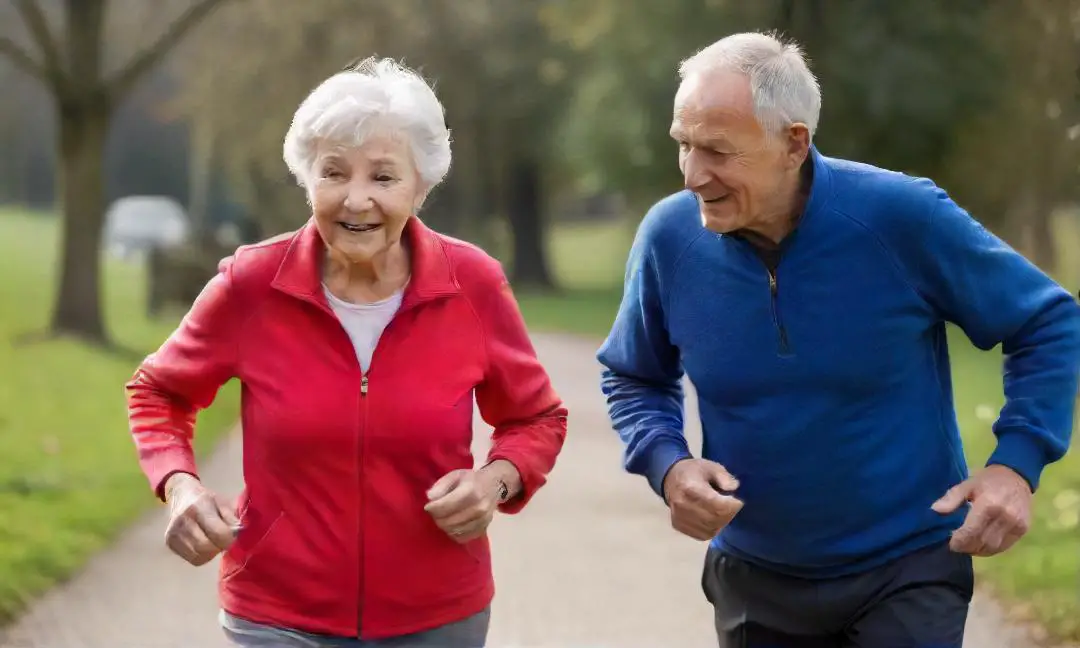
Introduction to the Effects of Temperature on Elderly Individuals
Elderly individuals are particularly susceptible to the impacts of temperature variations. Their bodies may struggle to regulate temperature efficiently, making them more vulnerable to extreme heat or cold.
Discerning the Vulnerabilities of Elderly People to Temperature Changes
As individuals age, their ability to adapt to temperature changes diminishes. Elderly individuals may have underlying health conditions that further exacerbate the effects of extreme temperatures on their well-being.
Tips for Managing Temperature-Related Health Risks in the Elderly
- Proper Hydration Strategies: Encouraging elderly individuals to drink an adequate amount of water throughout the day can help prevent dehydration, especially during hot weather.
- Creating a Comfortable Living Environment: Ensuring that the living space of elderly individuals is well-ventilated and maintaining a moderate temperature can significantly impact their comfort and health.
- Recognizing Signs of Heat Exhaustion and Hypothermia: Educating caregivers and family members on the symptoms of heat exhaustion and hypothermia is crucial for timely intervention and prevention of serious health complications.
- Importance of Regular Health Check-ups: Regular health check-ups can help monitor the impact of temperature on elderly individuals’ health and enable healthcare providers to intervene promptly if any issues arise.
Strategies for Maintaining Optimal Indoor Temperatures for Elderly Individuals
Importance of Proper Indoor Temperature Control for Elderly Health
Ensuring the indoor temperature is just right is crucial for the well-being of our elderly loved ones. Extreme temperatures can have a significant impact on their health, making it vital to maintain a comfortable environment.
Setting the Ideal Temperature Range for Elderly Comfort and Well-being
Finding the perfect balance in temperature is key to keeping our seniors cozy and healthy. Setting the thermostat within the recommended range can help prevent discomfort and health issues related to extreme heat or cold.
Energy-Efficient Ways to Regulate Indoor Temperatures
- Utilizing Programmable Thermostats
- Insulating Windows and Doors
- Maximizing Natural Ventilation
Programmable thermostats are a smart choice for managing indoor temperatures efficiently. They allow for precise control, ensuring the environment is always comfortable without unnecessary energy waste.
Proper insulation is a game-changer pertaining to maintaining optimal indoor temperatures. By sealing any drafts and insulating windows and doors, we can keep the heat in during winter and the cool air in during summer.
Embracing natural ventilation is a breath of fresh air for both the environment and our elderly folks. Opening windows strategically to allow for cross ventilation can help regulate temperatures naturally, reducing the need for artificial cooling or heating.
Outdoor Safety Measures for Elderly Individuals During Extreme Temperatures
Risks Associated with Extreme Outdoor Temperatures for the Elderly
Elderly individuals are more vulnerable to extreme temperatures due to their bodies’ reduced ability to regulate heat and cold.
Heatwaves can lead to dehydration, heat exhaustion, and heatstroke, meanwhile cold snaps can result in hypothermia and frostbite.
Precautionary Steps for Outdoor Activities in Hot and Cold Weather
Before heading outdoors, elderly individuals should check the weather forecast to plan activities during milder temperatures.
It’s crucial to stay hydrated, take frequent breaks, and avoid strenuous activities during peak temperature hours.
Dressing Appropriately for Various Weather Conditions
Layering Clothing in Cold Weather
Layering helps trap body heat and provides flexibility to adjust clothing according to changing temperatures.
Wearing thermal undergarments, insulating layers, and a windproof outer shell can help keep the body warm.
Wearing Sunscreen and Hats in Hot Weather
Applying sunscreen with a high SPF and wearing a wide-brimmed hat can protect the skin from harmful UV rays and prevent sunburn.
Light-colored, loose-fitting clothing made of breathable fabrics like cotton can help stay cool in hot weather.
Choosing Proper Footwear for Safety and Comfort
Opt for supportive footwear with good traction to prevent slips and falls, especially on uneven terrain or slippery surfaces.
Consider shoes with cushioning and arch support to reduce strain on joints and provide comfort during long walks or outdoor activities.

The Role of Nutrition in Regulating Body Temperature for the Elderly
Apprehending the Connection Between Nutrition and Body Temperature Regulation
As we age, our bodies undergo various changes, affecting how we regulate temperature. Proper nutrition plays a vital role in maintaining a balanced internal thermostat for the elderly.
Hydrating Foods and Beverages for Maintaining Proper Body Temperature
As for hydration, consuming foods with high water content is key. Opt for juicy fruits like watermelon and cucumbers, along with hydrating beverages such as coconut water to help the elderly stay cool and hydrated.
Foods That Help in Cooling or Warming the Body Naturally
- Hydrating Fruits and Vegetables: Assimilating fruits like strawberries, oranges, and vegetables like celery and lettuce can aid in cooling the body during hot weather.
- Herbal Teas and Infusions: Sipping on herbal teas like peppermint or chamomile can have a calming effect on the body, assisting in maintaining a stable body temperature.
- Spices and Herbs for Thermoregulation: Certain spices and herbs like ginger, cinnamon, and cayenne pepper can help in warming the body naturally, especially during colder months.
How does temperature affect elderly health
The impact of temperature on elderly health can be significant. Extreme temperatures can lead to heat-related illnesses like heat stroke or hypothermia. It’s crucial for the elderly to be mindful of their surroundings and adjust their nutrition accordingly to support their body’s temperature regulation.
Exercise and Physical Activity Recommendations for Elderly Individuals in Different Temperatures
Benefits of Regular Physical Activity for Elderly Health in Various Weather Conditions
Elderly individuals can reap numerous health benefits from engaging in regular physical activity, regardless of the weather. Whether it’s hot, cold, or moderate, staying active can improve cardiovascular health, amplify flexibility, boost mood, and increase overall well-being.
Safe and Effective Exercise Options for Hot and Cold Weather
When the temperature soars, it’s crucial for seniors to opt for low-impact exercises to prevent overheating and dehydration. Water aerobics and swimming are excellent choices to stay cool during getting a full-body workout. Conversely, in cold weather, indoor activities like yoga and tai chi can help maintain flexibility and balance without exposing oneself to harsh outdoor conditions.
Indoor and Outdoor Exercise Alternatives Based on Temperature
- Water Aerobics and Swimming in Hot Weather: Dive into the refreshing pool for a fun and joint-friendly workout that also keeps you cool on scorching days.
- Indoor Yoga and Tai Chi in Cold Weather: Embrace the tranquility of indoor spaces in the course of improving your strength and balance through the gentle movements of yoga and tai chi.
- Walking Clubs and Mall Walking for Moderate Climates: Joining a walking club or strolling through a climate-controlled mall provides a social and safe way to stay active in moderate temperatures.
How does temperature affect elderly health
The temperature plays a significant role in the health of elderly individuals. Extreme heat can lead to heat-related illnesses like heat exhaustion or heat stroke, during cold weather can exacerbate conditions such as arthritis. By assimilating the impact of temperature on health, seniors can make informed choices about their exercise routines to stay safe and healthy throughout the year.

Seeking Professional Help and Resources for Elderly Individuals Dealing with Temperature-Related Health Issues
Importance of Consulting Healthcare Providers for Temperature-Related Concerns
As for the well-being of elderly individuals facing temperature-related health issues, seeking guidance from healthcare providers is crucial. These professionals possess the knowledge and expertise to offer tailored advice and medical interventions to address specific concerns effectively.
Community Resources and Support Services Available for Elderly Individuals
Community resources play a vital role in supporting elderly individuals dealing with temperature-related health challenges. These services can range from providing access to cooling or warming centers during extreme weather conditions to offering transportation assistance for medical appointments.
Identifying Emergency Response Plans for Extreme Temperature Scenarios
Amidst extreme temperature scenarios, having a well-defined emergency response plan is essential for the elderly. Contacting emergency services promptly in cases of heat-related illnesses can prevent further complications and ensure timely medical attention. Additionally, knowing how to access cooling or warming centers can provide immediate relief during weather extremes.
- Contacting Emergency Services for Heat-Related Illnesses
- Accessing Cooling or Warming Centers During Weather Extremes
- Establishing Communication Channels with Neighbors and Caregivers
In situations where an elderly individual experiences symptoms of heat-related illnesses such as heat exhaustion or heat stroke, swift action is necessary. Contacting emergency services ensures that professional help reaches them in a timely manner, potentially saving lives.
Extreme temperatures can pose serious health risks to the elderly. By realizing how to access cooling or warming centers in their community, elderly individuals can find refuge from harsh weather conditions and maintain a safe body temperature.
Building strong communication channels with neighbors and caregivers is vital for elderly individuals facing temperature-related health issues. This network can offer support, assistance, and timely interventions in case of emergencies, ensuring the well-being of the elderly population.
